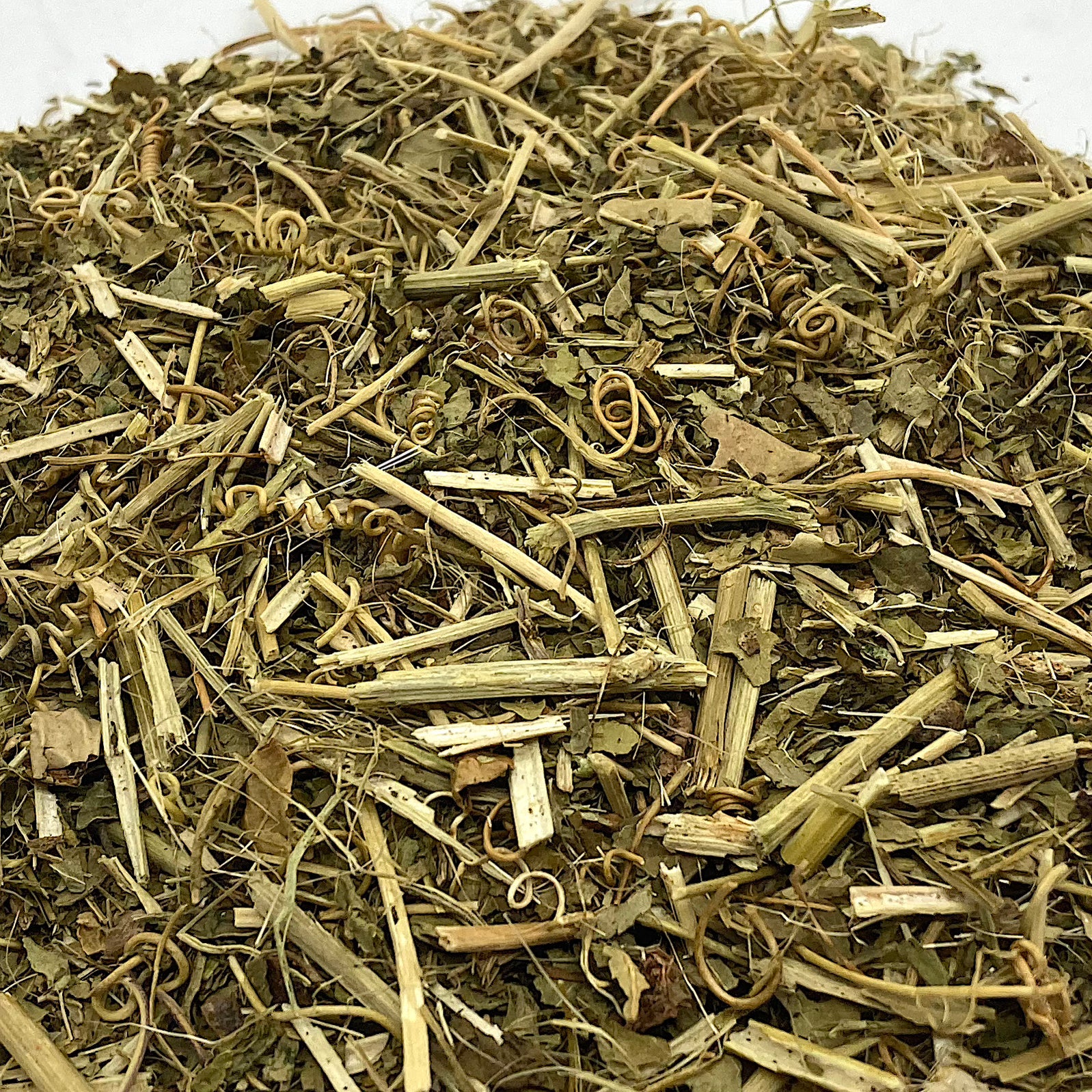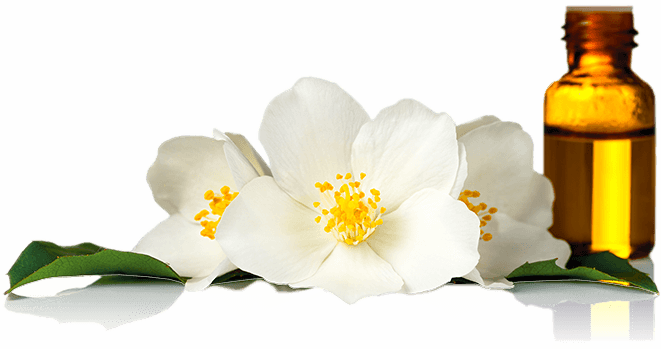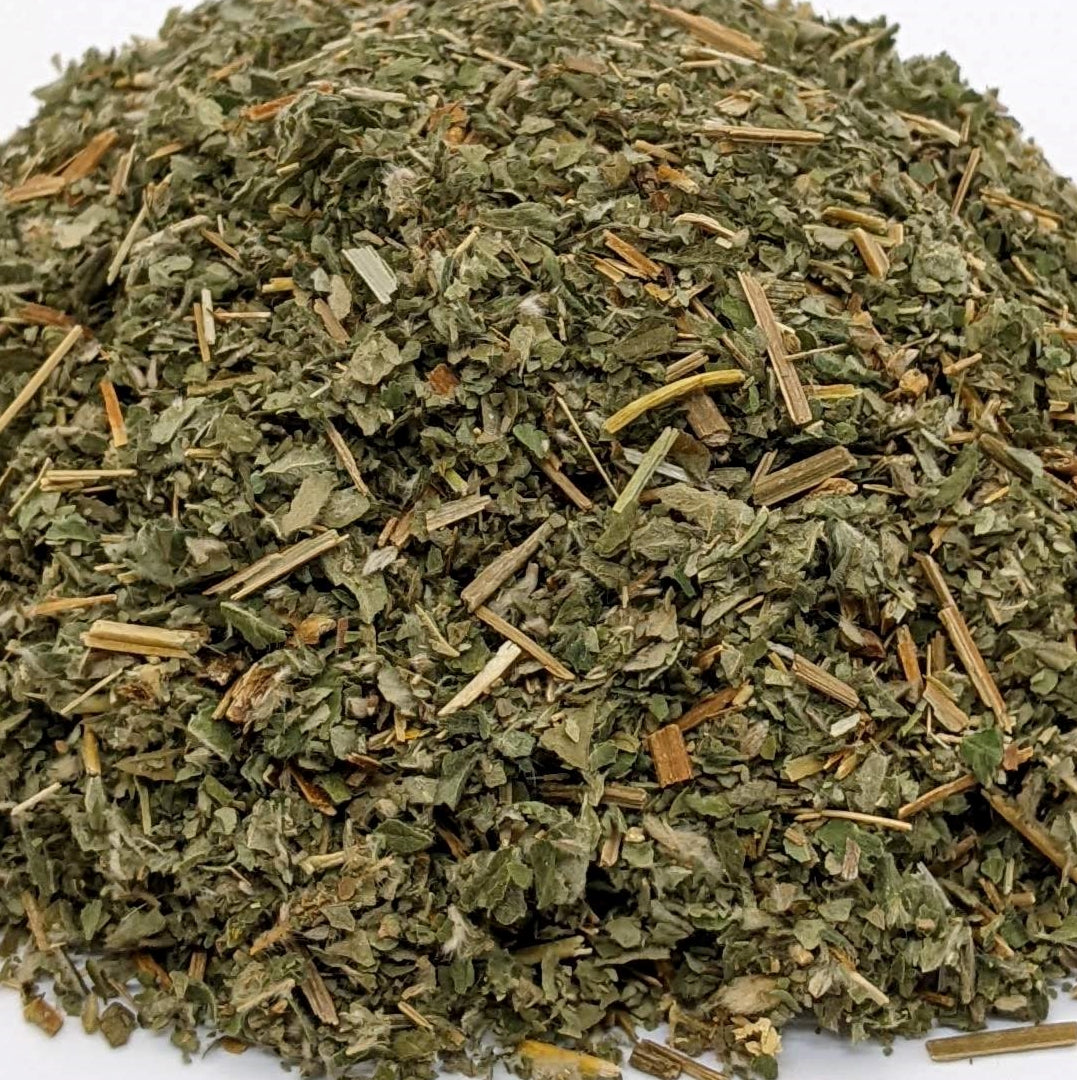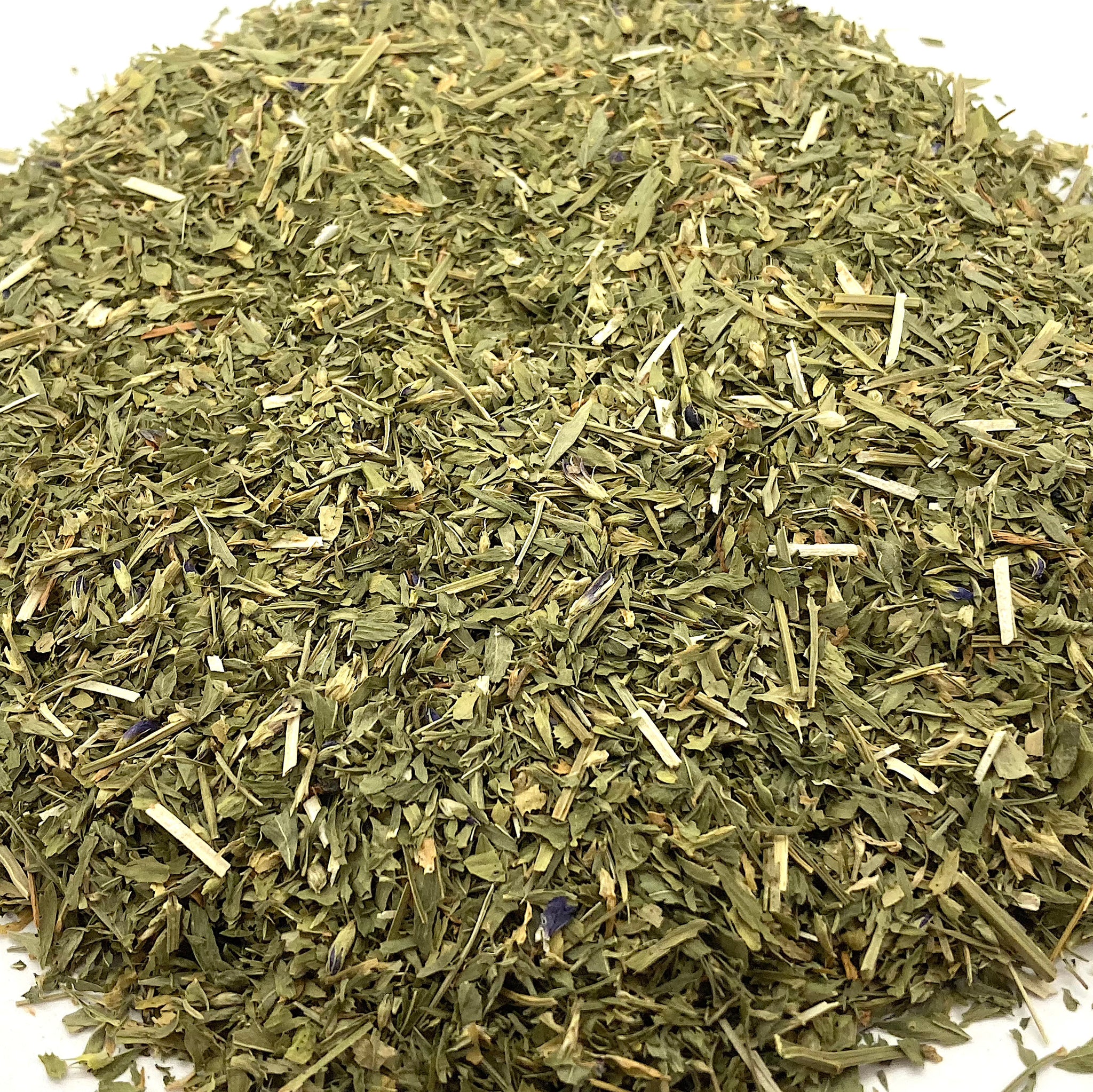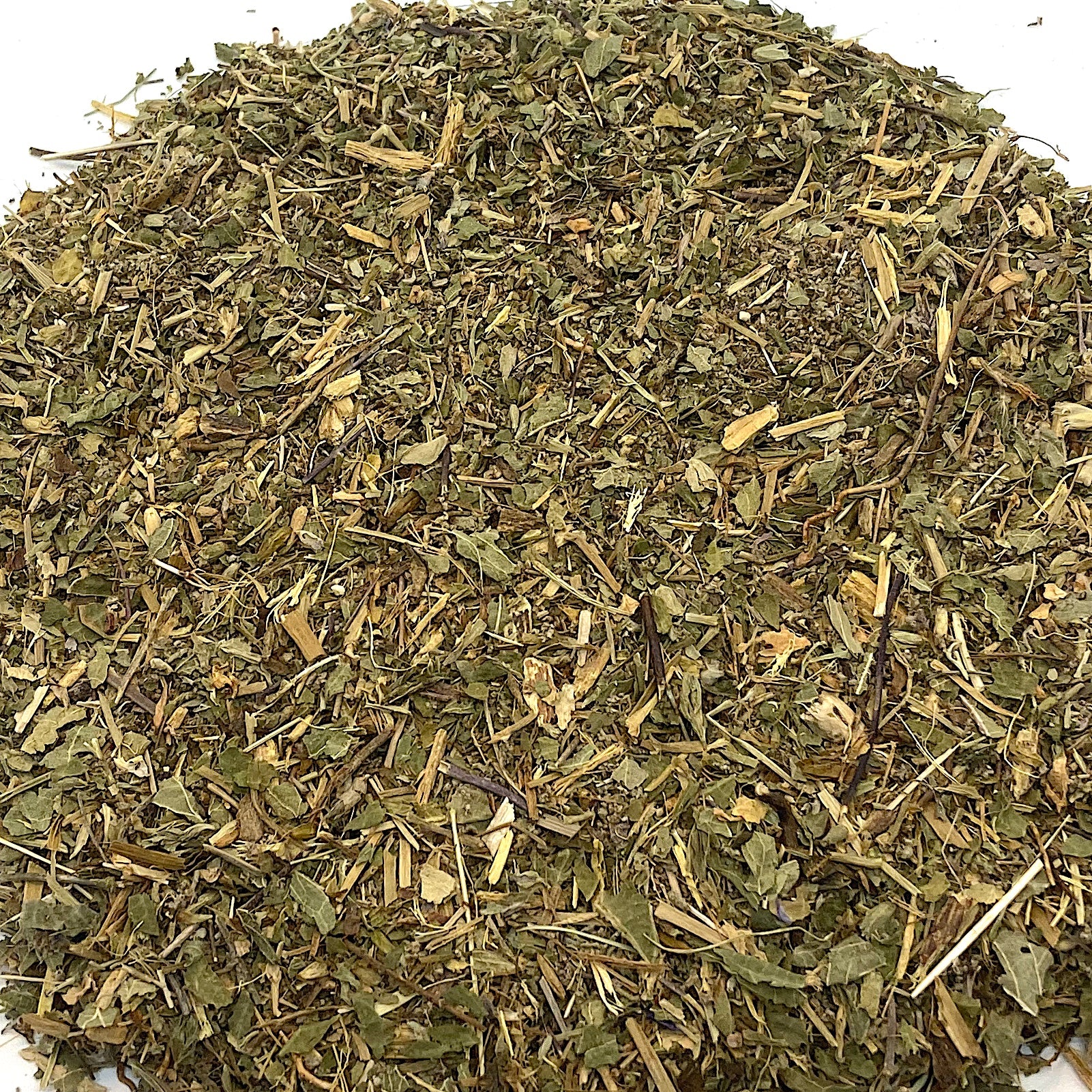Description
ITALY. Passionflower (Passiflora incarnata), Cut and Sifted, Certified Organic
Common names: Maypop, Wild Apricot, Wild Passion Vine, Ocoee, Granadilla, Maracoc, Madre Selva, Corona de Cristo, Water Lemon, Charkhi Felek, Jhumkalata, Ward Assa’ah, Shivpushpi
Family: Passifloraceae
Passionflower is a perennial vine, bearing intricate purple and white flowers that mature into a type of passion fruit. Native to southeastern USA, Mexico, and Central and South America, it thrives best in sunny areas, typically in thickets and unmowed pastures, and near rivers and roadsides.
Valued by Native American groups for its edible fruit and its medicinal uses, Passionflower seems not to have been adopted by settlers until much later than many other herbs. It has since been adopted by herbalists in Europe and elsewhere as an outstanding remedy for anxiety, insomnia, restlessness, spasms, and pain.
David Winston considers it “specific for people who can’t fall asleep because their minds keep running.” The muscle relaxant effects make it helpful for some cases of spasmodic cough, asthma, hypertension, diarrhea, and dysmenorrhea. Active compounds in Passionflower include alkaloids, flavonoids, fatty acids, coumarins, and glycosides.
Studies show P. incarnata’s effectiveness for its best-known uses: improving sleep and relieving anxiety. The anti-anxiety and anti-epileptic effects, attributed to alkaloids acting on the GABA receptors, have been found in experiments to be comparable to that of various benzodiazepines, however it doesn’t produce the negative impacts on memory and job performance caused by those drugs. A clinical trial comparing Passionflower to conventional stimulant treatment for ADHD found the herb's benefits to be on par with the medication, without the stimulant's side effects of appetite suppression and anxiety.
Passionflower appears to be quite safe in general, but should be avoided during pregnancy.
*These statements have not been evaluated by the FDA. These products are not intended to diagnose, treat, cure or prevent any disease.

